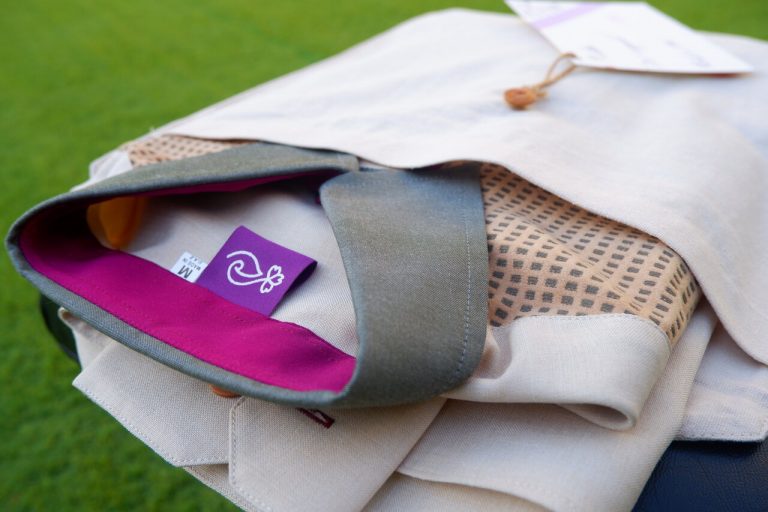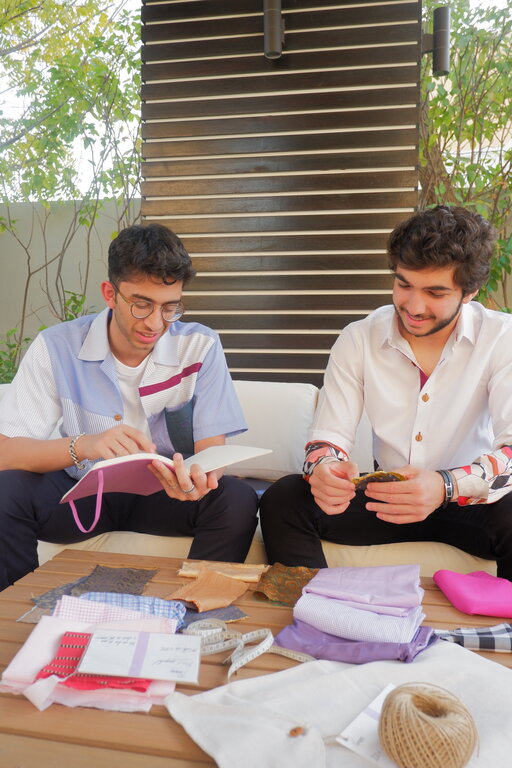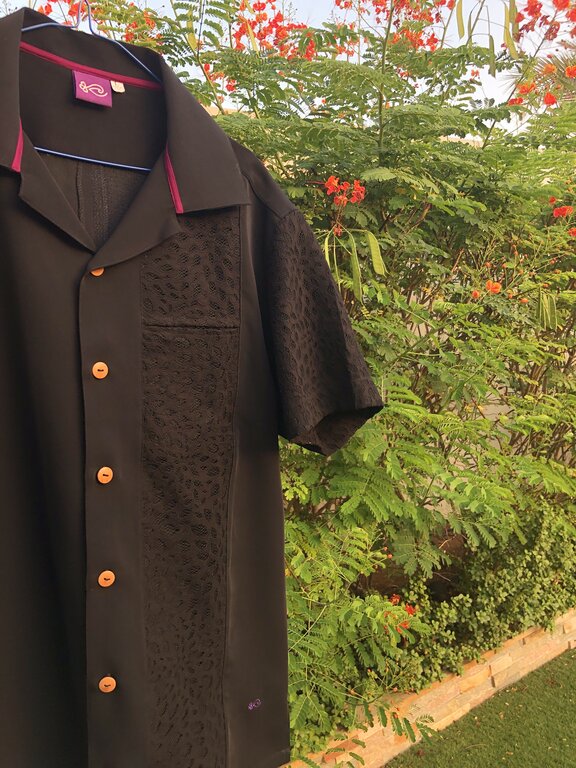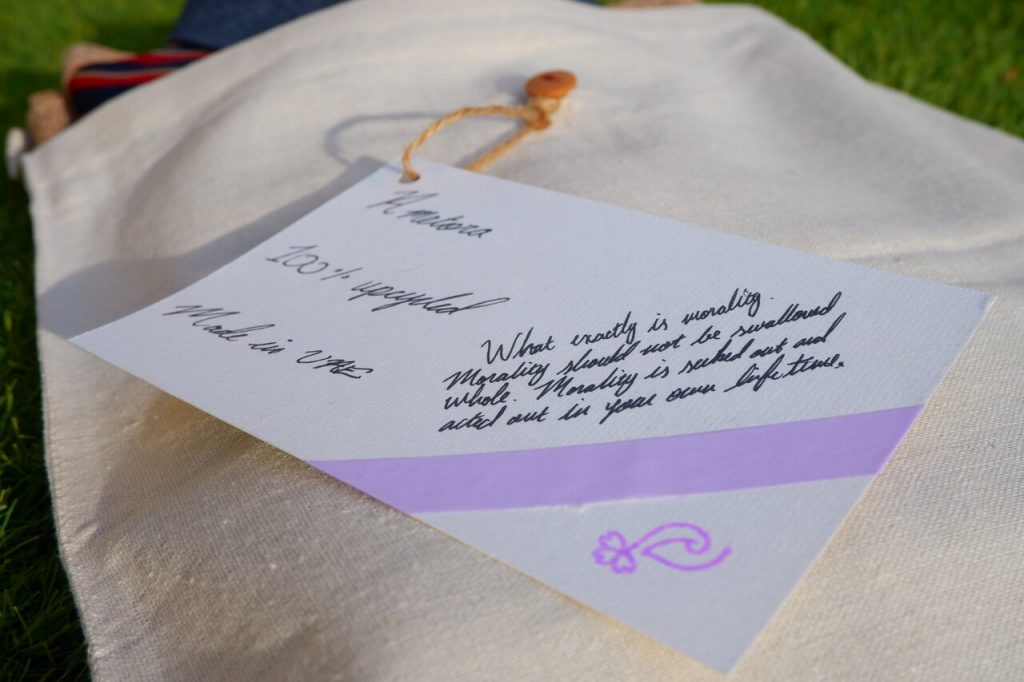Mohammad Sani Ali and Ismail Dajani are two young entrepreneurs and the founders of Iris, a sustainable menswear brand that curates pieces from material that factories no longer use.
Covid-19 has caused the consumer industry to introspect and reevaluate its working models. Fashion trends have evolved to comfortable pyjamas, and easy casuals from high-brow fashion trends. Ease and comfort have now become the requisites of corporate fashion styles.
Teenagers Mohammad Sani Ali and Ismail Dajani’s social venture is timely now more than ever. They were always fascinated by sustainable fashion and were constantly working out ways to bring it to the forefront. Their aim was never profiting but to build on an ideal to make up-cycle the surplus material that is wasted in the fashion industry and Iris is an embodiment of exactly this. Co-Founder Mohammad Sani Ali has been quoted saying “I had grown tired of the over saturated market, redundant designs, and lack of creativity which permeated the mainstream space. Iris is based in the practices of closed-loop production and up-cycling. We use surplus materials collected across the region in order to produce our clothes, coconut husks for our buttons and biodegradable materials for our packaging. We effectively have a 100% sustainable product with every single aspect being considered.”
One could say that young Sani had a panache for fashion from a young age on account of his family’s fashion and textile business. Ismail’s keen interest in design made the entrepreneurial partnership between these young students from the American School, Dubai a no-brainer to realize their dream of creating pieces that not only made statements but were environmentally conscious. “When a garment is cut, there is often material leftover. This material is essentially waste, and goes to the landfills. What we did was go around the UAE, approaching factories asking if we could use this surplus material. Because it is useless for the producers, they gladly gave us the leftover scraps. In terms of actual material, it really depends on what the surpluses are, sometimes we get more sustainable materials like cupro but other times we get cotton.”, said co-founder Ismail. Your decision to buy into Iris is a decision to effect change in reducing the hazards that that excess material thrown to landfills cause and of course a piece carefully put together to appease your most niche design sensibilities.
The digital space has shape shifted into our conference rooms, exhibition halls and so much more over the past year. Among the many boxes that crowd the screen, Iris claims to help you stand out with a dapper look that is fresh and innovative. It is always intriguing to observe the different faces fashion can transform into and we are excited to see how these spirited teenagers revolutionize the Middle Eastern landscape with their ecologically friendly approach.





0 Comments